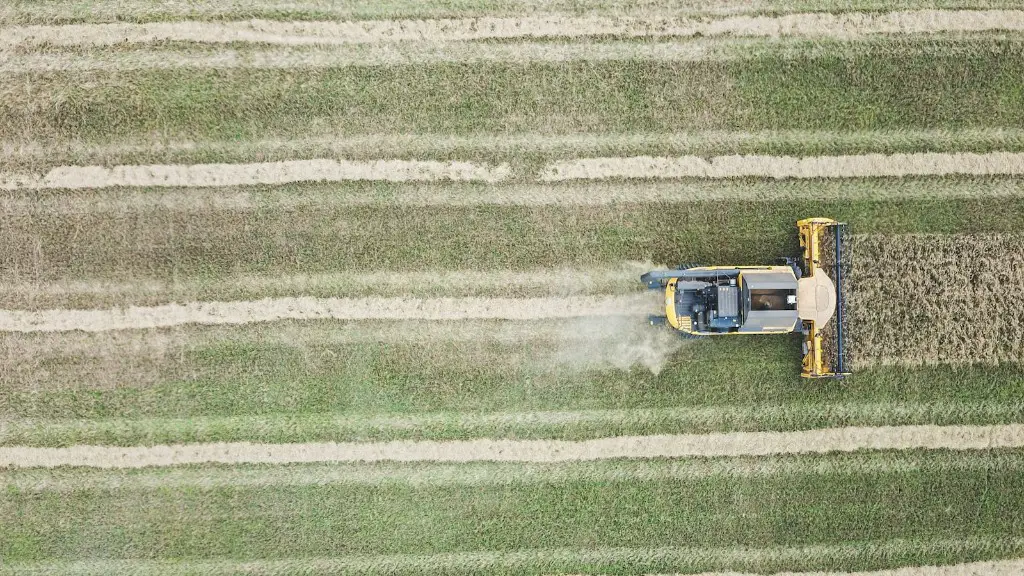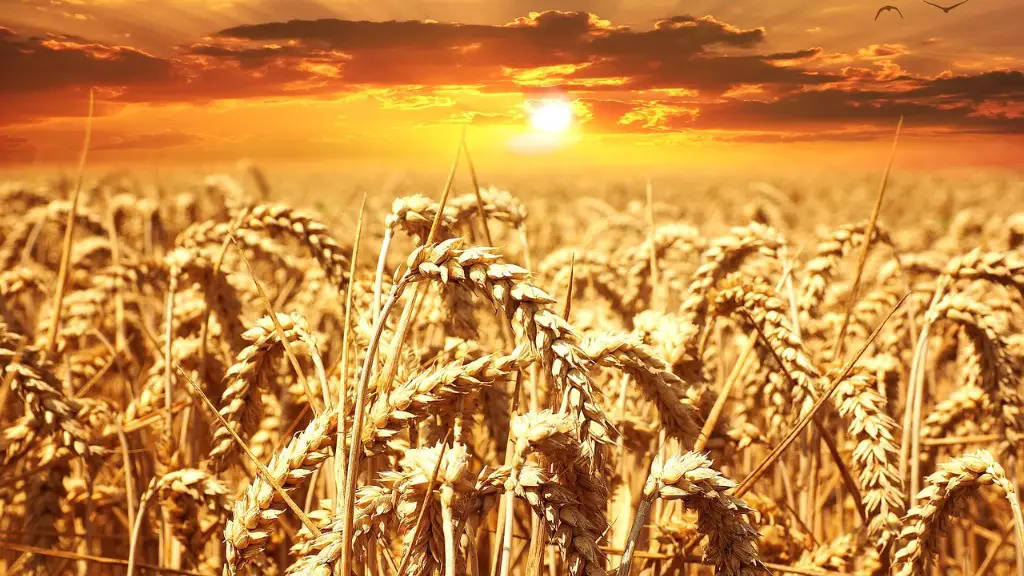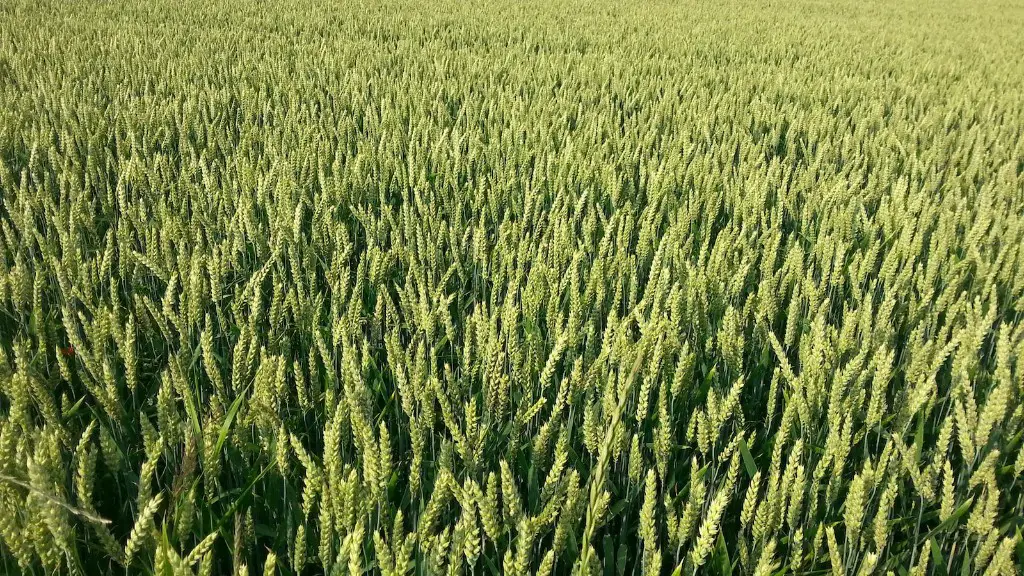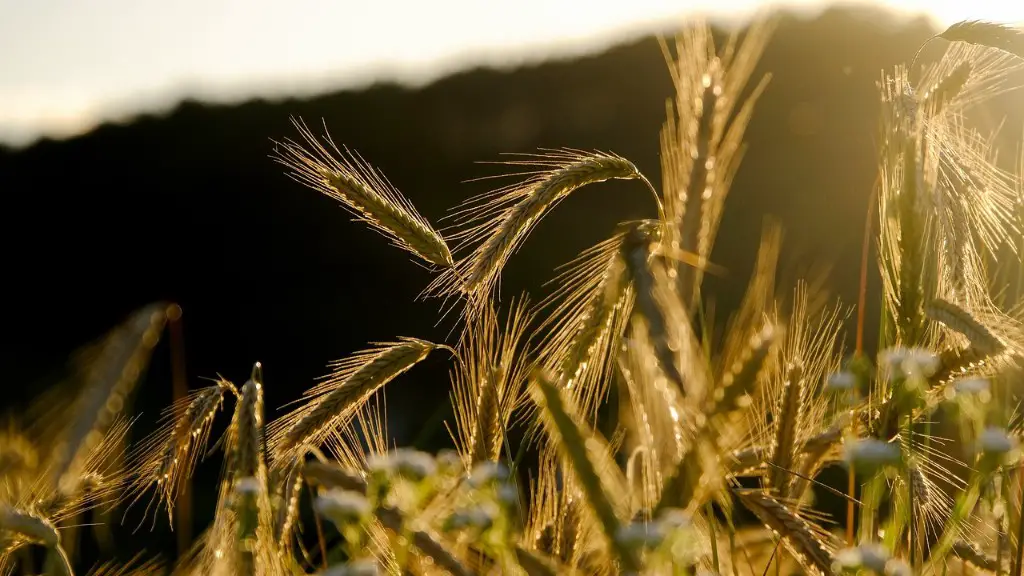Food and agriculture workers are those employed in an industry that handles food production or agricultural activities. This includes farm-based activities, as well as operations in food processing facilities, wholesalers, retailers and restaurants. Food and agriculture workers perform a variety of tasks on a daily basis, which can involve planting, harvesting, packaging, preparing and distributing food products. They may operate tractors, harvesters and other vehicles, and carry out activities such as crop cultivation, animal breeding and providing farm-based labor. They may also be involved in the production, distribution and sale of food products.
Food and agriculture workers play an important role in providing food for individuals and communities. They help to ensure the availability of fresh produce and other food sources, as well as ensuring the safety of food items. These workers need to be knowledgeable and skilled in the areas of food safety, nutrition and environmental protection, as well as basic agricultural practices.
It is important for food and agriculture workers to be able to work efficiently and effectively, while still maintaining a high level of safety and quality. They must also be able to identify and resolve problems that may arise during their work. Effective communication skills are also essential, as they must interact with customers and colleagues and be able to follow instructions.
Food and agriculture workers should have the ability to work autonomously and possess a range of technical knowledge. They should be able to identify and handle chemicals correctly and safely, as well as understand the importance of hygiene and sanitation. It is important for these workers to stay up to date in their field and be aware of changes in legislation and food regulations. They should also be aware of regulations regarding labor and working conditions.
Food and agriculture workers must possess physical strength and endurance, as their job involves a lot of hard work in all types of environments. They must also be able to work long hours and work in various weather conditions. In addition, they must be able to respond quickly and effectively to contingencies and respond to customer needs.
Food Production
Food production is the primary responsibility of food and agriculture workers. They are involved in the production of a variety of food items, ranging from vegetables and fruits to processed foods and livestock. They are involved in activities such as planting, harvesting, sorting, grading and packaging of food items. Food and agriculture workers also often handle food safety and quality, and are responsible for the storage and transport of food items, as well as the implementation of safety and quality standards.
It is important for food and agriculture workers to be knowledgeable in food technology, nutrition and food safety. They must be able to identify and manage food hazards and contamination, and be able to conduct quality control activities. As part of food production, food and agriculture workers must be aware of the use and handling of food processing equipment, as well as food safety standards.
Food and agriculture workers are also responsible for the distribution of food items. This includes tasks such as ordering, delivering and storing food items, as well as ensuring that customers receive the correct product at the right time. They must also be able to ensure that food items are handled and stored safely, and that their handling and storage meets health and safety regulations.
Food and agriculture workers must also be aware of regulations regarding animal welfare and food production. They must be able to identify and manage animal welfare hazards, and be able to adhere to food industry standards. They must also be able to ensure that livestock is taken care of properly and that food standards are met and upheld.
Agriculture
Agriculture is another important aspect of food and agriculture workers’ responsibilities. They are involved in a variety of activities, including crop cultivation, crop maintenance, animal breeding and livestock management. Food and agriculture workers must be knowledgeable and experienced in agricultural practices, as well as being able to identify and manage risks associated with agricultural activities.
It is important for food and agriculture workers to be able to operate and manage a variety of farm equipment and vehicles, such as tractors, harvesters and seed drills. They must be able to safely and effectively use such equipment, as well as being able to maintain and repair it. They must also be able to follow instructions and adhere to safety regulations.
Food and agriculture workers must also be knowledgeable in the areas of water and soil management. They must be able to identify and manage risks associated with water and soil usage and contamination, and be able to adhere to regulations and standards. They must also be able to identify and manage pests and diseases, and be able to use appropriate chemicals and treatments in a safe manner.
Food and agriculture workers must also be knowledgeable in animal husbandry. This includes activities such as feeding and care, as well as breeding and medical management. They must be aware of regulations regarding animal welfare and be able to follow health and safety standards.
Food Processing
Food processing is another important area of responsibility for food and agriculture workers. This includes activities such as sorting, grading, packaging, storing and shipping of food items. Food and agriculture workers must be able to understand and adhere to food processing regulations, as well as being able to identify and manage food safety and quality issues.
It is important for food and agriculture workers to be knowledgeable in food processing machinery, as well as being able to effectively and safely use it. They must also be able to follow instructions and adhere to safety regulations. They must also be able to identify and manage food hazards, such as bacteria and mold, and be able to identify and resolve food safety and quality issues.
Food and agriculture workers must also be knowledgeable in food ingredient labeling and labeling practices. This includes understanding and following food labeling laws and regulations, as well as being able to effectively communicate with customers regarding labeling practices. They must also be able to identify and manage food allergens and be able to identify and report food safety issues.
Food and agriculture workers must also be knowledgeable in food packaging technologies. This includes understanding the requirements for specific food product packaging and being able to identify and manage packaging hazards. They must also be able to understand and adhere to standards for food package design and manufacturing.
Nutrition
Nutrition is another important area of responsibility for food and agriculture workers. They must be knowledgeable in the areas of nutrition, health and safety, as well as being able to identify and manage risks associated with food consumption. It is important for food and agriculture workers to be able to effectively communicate with customers on nutrition topics, as well as being able to present accurate and up-to-date nutrition information.
Food and agriculture workers must also be knowledgeable in food nutrition labeling, as well as being able to effectively communicate the information presented on food labels. They must also be able to identify and manage food allergies and sensitivities, as well as being able to identify and manage nutrition-related food safety issues.
Food and agriculture workers must also be knowledgeable in food nutrition science and research. This includes understanding and being able to identify research trends and developments in terms of nutrition and food safety, as well as being able to evaluate and interpret research data. They must also be able to effectively share research findings with customers and colleagues.
Food and agriculture workers must also be knowledgeable in food nutrition policies, as well as being able to identify and manage nutrition risks and regulations. They must be able to develop and implement nutrition plans and programmes, as well as being able to identify and manage nutrition-related health risks.
Environment
Food and agriculture workers must also be knowledgeable in environmental protection. This includes understanding and being able to identify and manage environmental risks, as well as being able to identify and manage activities that may affect the environment. They must be able to identify and manage waste materials and energy sources, as well as being able to follow environmental regulations.
It is important for food and agriculture workers to be knowledgeable in sustainable farming practices and be able to identify and manage risks associated with the use of pesticides and fertilizers. They must be able to understand and adhere to regulations concerning the use of hazardous materials and chemicals, as well as being able to identify and control hazardous waste.
Food and agriculture workers must also be knowledgeable in climate change and global warming, as well as being able to identify and manage risks associated with climate change. They must be knowledgeable in the areas of conservation and waste management, as well as being able to identify and manage environmental issues.
Food and agriculture workers must also be knowledgeable in renewable energy sources and be able to identify and manage risks associated with the use of renewable energy. They must also be knowledgeable in the areas of energy conservation and efficiency, as well as being able to identify and manage energy-related issues.
Food Safety
Food and agriculture workers must also be knowledgeable in food safety. This includes understanding and being able to identify and manage food safety hazards, as well as being able to identify and implement food safety measures. They must be able to understand and adhere to food safety regulations, as well as being able to identify and manage food safety risks.
It is important for food and agriculture workers to be knowledgeable in food handling, storage and transport, as well as being able to identify and manage food handling and storage risks. They must be knowledgeable in food safety and hygiene, as well as being able to identify and manage food hygiene hazards.
Food and agriculture workers must also be knowledgeable in food traceability, as well as being able to identify and manage traceability risks. They must also be aware of food labeling regulations and be able to identify and manage food safety data.
Food and agriculture workers must also be knowledgeable in food safety regulations, as well as being able to identify and manage food safety risks. They must be able to develop and implement food safety plans and programmes, as well as being able to identify and manage food safety issues.
Food and agriculture workers must also be knowledgeable in food safety auditing and be able to identify and manage audit risks. They must be able to understand and adhere to food safety regulations, as well as being able to identify and report food safety issues.





